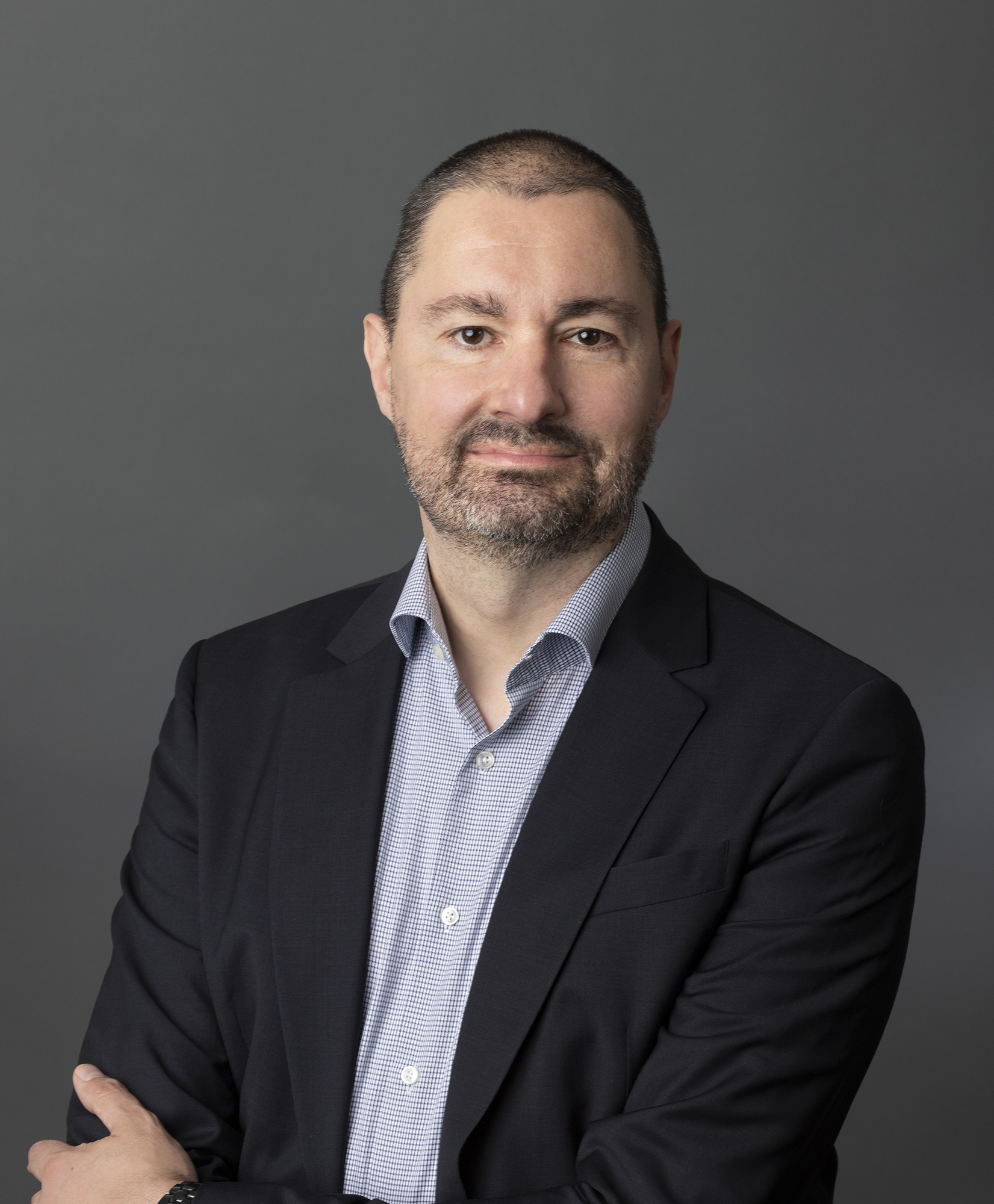
PEYEONEER
À propos de votre organisation / profil
Initiated in 2018 as an international and interdisciplinary endeavor, the Chemelot Institute for Science and Technology (InSciTe) played a central role in the collaborative project. The project's partners included Maastricht University, Maastricht UMC+, Eindhoven University of Technology, and InnFocus Inc., a subsidiary of Santen Company based in Miami, USA. The primary objective of the InSciTe projects was to develop innovative solutions for glaucoma filtration surgery. This mission was undertaken through two distinct projects: the Smart, Easy and Accurate Minimally invasive glaucoma Surgery (SEAMS) project and the Innovative Surgeries for Eyes with Advanced glaucoma (ISEA) project.
Leveraging the intellectual property generated by these projects, PEYEONEER MedTech BV was established in June 2023, with the invaluable support of Brightlands Maastricht Health Campus.
The core ambition of PEYEONEER MedTech is to introduce a groundbreaking miniature glaucoma implant to patients, which will be accomplished through an initial clinical trial involving human subjects.
We develop an implant to treat glaucoma. Glaucoma is a degenerative eye condition that stands as the leading cause of irreversible blindness on a global scale. Despite treatment efforts, approximately 10% of patients ultimately suffer complete vision loss. Elevated intraocular pressure represents the primary risk factor for glaucoma, and reducing this pressure remains the only proven approach to impede disease progression. Initial treatment typically involves eye drops or laser therapy, with surgical intervention (glaucoma surgery) becoming necessary if these measures prove ineffective in adequately lowering intraocular pressure.
The gold standard in glaucoma surgery
For several decades, trabeculectomy has served as the gold standard surgical procedure within glaucoma management. This technique involves creating a surgical fistula covered with the patient's own tissue, enabling excess intraocular pressure to escape into a surgically formed bleb. However, trabeculectomy is burdened by an intense postoperative course and frequently fails due to fibrosis and scarring. Consequently, glaucoma drainage implants have been developed to overcome these limitations. These implants consist of a polymeric tube, typically made of silicone, implanted within the anterior chamber of the eye, along with a polymeric endplate composed of silicone or polypropylene. The tube facilitates the drainage of excessive intraocular pressure, while the endplates prevent the fusion of ocular tissue layers.
Despite being an effective procedure, over 50% of these implantations fail within a five-year period. This failure can be attributed to excessive fluid drainage resulting in hypotony (abnormally low eye pressure) or an immune response directed towards the implant, leading to fibrosis and scarring. Thus, despite existing treatment options, a considerable number of glaucoma patients continue to experience blindness, highlighting the limitations and high failure rate associated with current surgical interventions.
Our solution
To solve the problems with glaucoma filtration surgery, we have developed a novel miniature glaucoma drainage implant. Our implant is approximately 80% smaller than current implants and is made from an inert and biocompatible polymer called SIBS. This unique material has been shown to provoke minimal to no immune response. We have conducted an animal study comparing our miniature implant to a commercially available implant (Ahmed Glaucoma Valve). The results indicate that our implant is equally effective in draining fluid from the eye, while also promoting improved wound healing compared to silicone-based implants.
By introducing our innovative glaucoma drainage implant, we aim to provide a solution that addresses the limitations and failure rates associated with existing implants. Our product aims to improve patient outcomes by reducing the risk of complications, such as hypotony and immune responses (fibrosis and scarring), and offering more reliable and efficient fluid drainage.
Réseau (0)
Il n'y a pas encore d'organisations dans le réseau.
Activités récentes

Menage Olivier a rejoint PEYEONEER.
